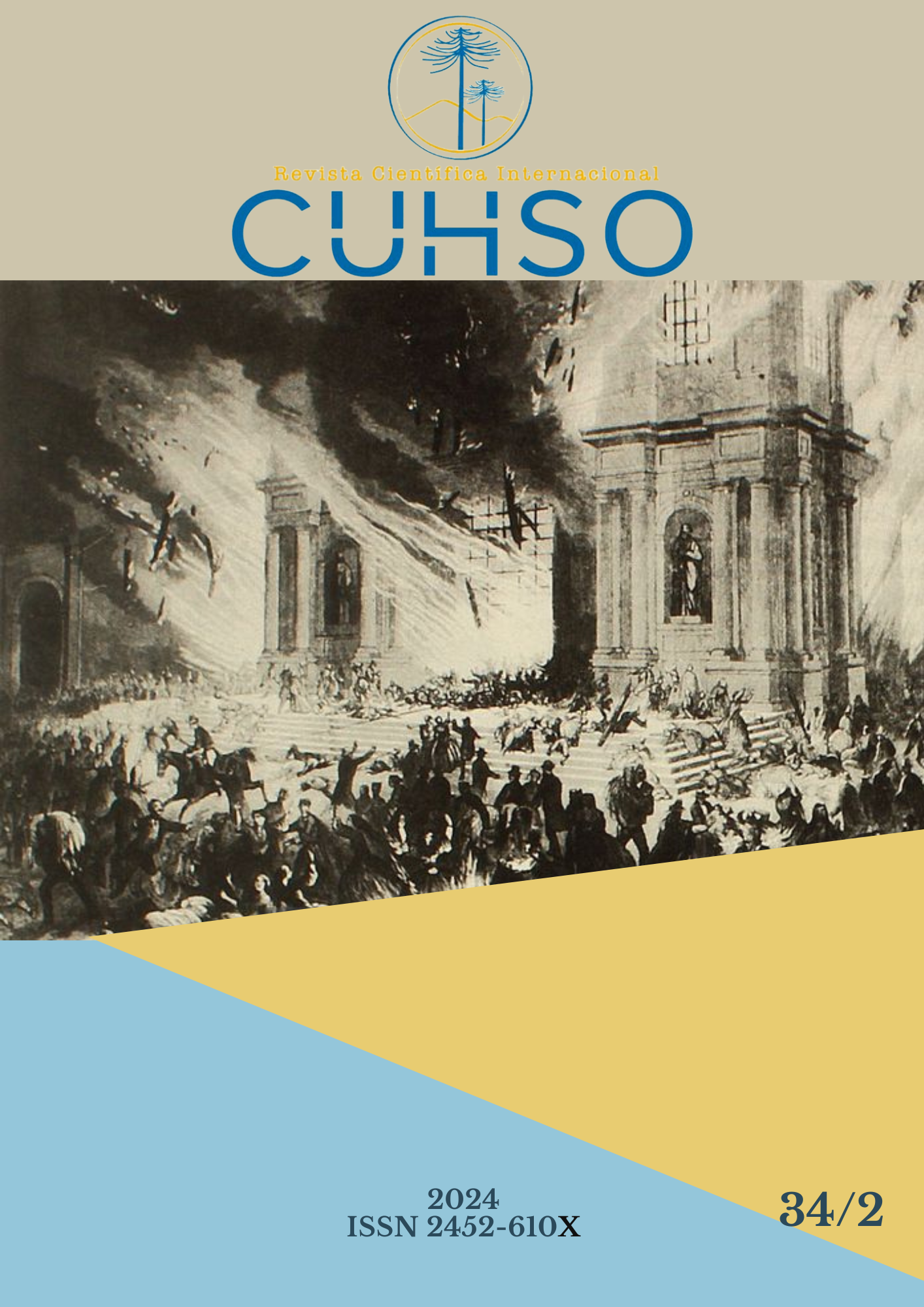Abstract
Influential decisions in the management and use of ornamental plants were compared according to the roles of the family system, assuming these are: economical, political, of value and meaning and acquired experiences. The study was conducted in the Ejido Ignacio Allende, located inside the "Cañón del Usumacinta" Natural Protected Area, municipality of Tenosique, in Tabasco, Mexico. We used the social systems theory, operationalized under a mixed approach with a sample size (n: 21) of 158 households. The roles of the family system were observed, distinguishing pairings between families and relatives, which explains the interpenetration and generation of spaces of meaning for management of ornamental plants. The role of women, of the mother, is relevant (48%). The acquisition of plants encodes as: "exchanges between family members/relatives" (33.3%). The training programs, iterable among families, would entail a resilient increase of knowledge on the management of plants in the nursery and their perceived value, encoded as: “aesthetic”, “medicinal” and “psychological well-being”. From the experiences acquired, we found that, out of 21 interviewed families, 230 plants were recorded and grouped into 31 families; highlighting the Euphorbiaceae, Rosaceae and Lamiaceae for ornamental and medicinal use, and food consumption. Families prefer to sow their plants directly into the ground or in pots. Plants are propagated by cuttings, seeds, shoots, and rhizomes or bulbs. It is accepted that the family system makes decisions based on the symbolic iterability of meanings, determined by policies, value/meaning and acquired experiences. On the economic aspect, we observed that families don’t sell their plants.

This work is licensed under a Creative Commons Attribution 4.0 International License.
Copyright (c) 2025 Vinicio Calderón, Aurora Ramírez Meneses, Rosa del Carmen Sánchez Trinidad, Rocío del Carmen Castillo Méndez


